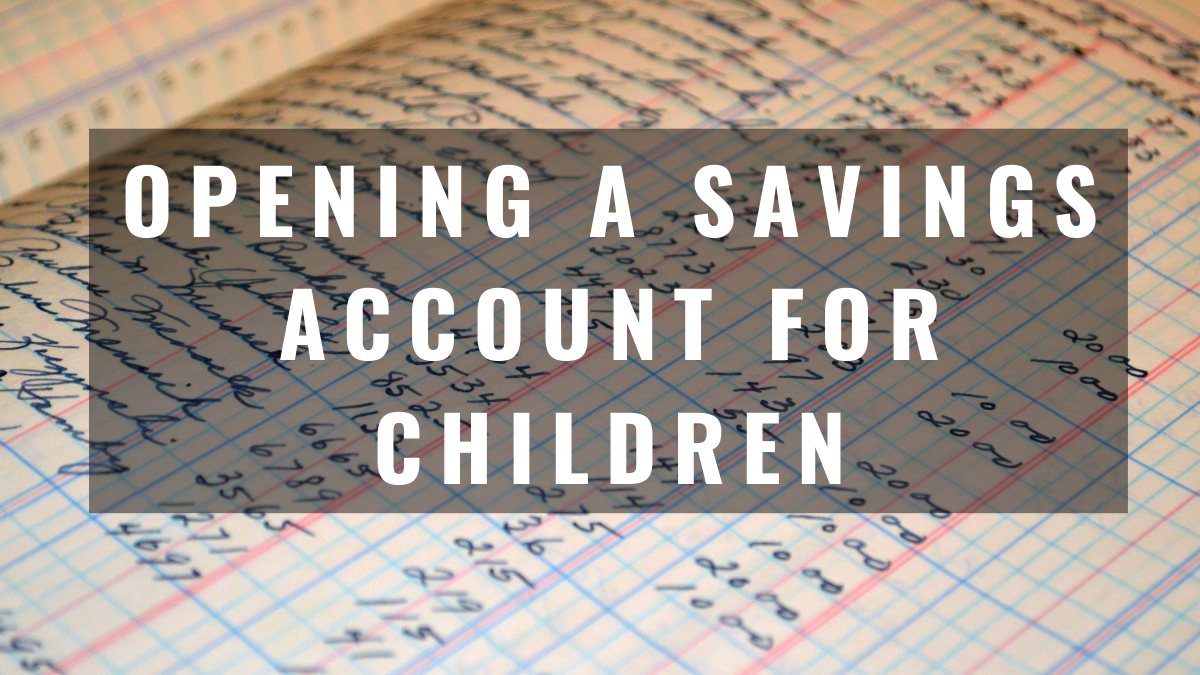It is important for the child to understand that money does not come out of thin air, but rather as a result of completing a task or tasks. For example, when a child asks for money to buy toys, link this as a reward if he has done some simple housework or chores. By this way, he will learn that money and work are linked and therefore should not be spent on what is not useful. Here are some tips to teach children to manage their money and the importance of investing for the future.
Piggybank Culture

The idea of a piggy bank gives children an opportunity to gain good financial habits by saving and collecting money, as saving is usually associated with a specific goal that makes children excited, such as buying toys or hanging out with friends. After purchasing a piggy bank, agree with your child to save an amount of money during a specified period, and if this amount is reached, reward it.
Clarify The Difference Between Basics And Luxuries

Parents should help children to distinguish between essentials and luxuries, which contributes to their awareness of controlling expenses, prioritizing the basics, and then thinking about luxuries. For example, when your child asks for something, help him know how beneficial the desired thing is, to develop a culture of comparison and choice.
Saving 20% Of The Expenses

In order to consolidate the idea of saving, encourage your child to save 20% of his expenses, in addition to developing a simple plan in order to save the required amount. So if he gets used to the idea of saving, it will make it easier for him to save 20% of his salary later.
Opening A Savings Account For Children

You can open a savings account for children with banks in Saudi Arabia, and motivate your child to deposit part of his expenses in the account every month. This is an effective way to teach the meaning of saving and planning for financial goals. It also contributes to building a bridge of knowledge between it and banking products by understanding simple banking concepts and transactions from a young age.
Donation And Charity

Do not forget to teach your child the importance of participating financially in charitable work. He talked with him about the benefits of giving, generosity and charity to the poor and needy. And he encouraged him to allocate part of his expenses to donate it.
Short Financial Stories

Tell short and simple financial stories to children. These stories contribute to increasing children’s awareness and knowledge of the value of money and how to deal with it, in addition to learning from financial mistakes that are expected to occur. It also helps build an image of success that is achieved through saving and saving money.
The Importance Of Teaching Your Child Financial Responsibility
Teaching a child to be financially responsible is essential to life. Training the child in techniques for saving and disbursing money is an important lesson that affects his future life. You should start teaching the child to manage money before they go to school and receive their personal allowance. Teach him how to set a financial plan, define his goals and priorities, and how to calculate his income. Teaching financial responsibility is not only a money-saving lesson, but it encourages your child to feel independent and develop his personality.
Finally, teaching your child financial responsibility gives him the power to choose. For example, he chooses his goals according to the most important need, does he want to buy those things or save money for a bigger goal like london property investments or he wants to travel the world when he grows up? Child financial responsibility is a great opportunity for you to teach your child how to take advantage of the opportunities available to him, and how to overcome the challenges facing him. Remind your child well that it is not important how much money he earns, but the most important thing is how he manages this money so that he can benefit the most from it.


